|
Here you can gain access to a free ten minute guided meditation for pregnancy from prenatal yoga teacher, Sandra Mauer. Benefits of meditation include activating the parasympathetic nervous system (getting your entire body calm and relaxed), body awareness, practicing activating and relaxing different muscles (a good skill for labor), and connecting with your baby.
0 Comments
This article explains the research and physiology of why immediate cord clamping following birth is usually not advised.
 Making a "groaning cake" is a great early labor project for mom or family members. Not only can a fresh baked cake serve as baby's birthday cake and energy for mom in labor or postpartum, but the sweet smell of fresh baked goods through the house can elicit feelings of comfort and happy memories. Below find more information on the groaning cake and recipe for sweet spiced cake, sure to make the house smell delicious. All Natural Groaning Cake Recipe 2 ½ Cups Flour 3 eggs 2 tsp. Baking powder ½ Cup oil 1 tsp. Baking soda ½ Cup orange juice 2 tsp. Cinnamon ¼ Cup molasses ½ tsp. Ground cloves 1 1/3 Cups sugar 1 ½ cups apple (grated, no skin) 1 tsp. Almond extract Sift dry ingredients together. Add apple. Beat eggs. Add oil, orange juice, molasses and sugar. Add to dry ingredients. Mix well. Add almond extract. Bake at 350 F. for 35-40 minutes. Makes two 9 X 5 loaves or about 18 muffins. Additions: raisins, dates, dried fruits, or nuts. http://amimckay.com/books/the-birth-house/recipe-for-groaning-cake/ 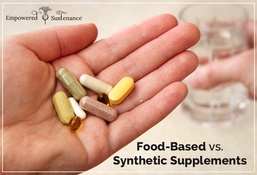 Prenatal vitamins provide essential nutrients in the quantities that pregnant women need daily. They are very important. Take your prenatal vitamins! Also remember though that healthy food the perfect way to supplement the supplement. Percent absorption of nutrients from food is much higher than from capsules, pills, or powder. Some can be better than none so don't feel like they are necessarily all bad, but the over all lesson to be had is that food is better. Fresh, whole foods not only give you a greater offering of nutrients (even in just one ingredient), but they also fulfill your needs for phytochemicals and fiber than cannot be met with substitutes no matter what the label says. There are some risks that come with many supplements: high dosage, contamination with harmful substances, limiting your vitamin consumption by taking a set of pills instead of food that is packed with a variety of vitamins and minerals. If you are taking supplements prior to pregnancy and are comfortable with your regimen don't feel like you need to stop, but to be safe be sure to discuss these products with your practitioner. A few of the top take-away's from this article on supplements: "Look at the DV percentage. The percentage of Daily Value is based on chemically pure vitamin fractions. If the nutrient on the label is listed at 100% or more, you've likely got a synthetic product on your hands. Remember, nature is low dose but highly potent. Beware of singular vitamins. Mother Nature works in tandem. Her nutrients are never found alone. If you’re taking a supplement all by itself, such as vitamin E or D, it’s guaranteed to be synthetic. Don’t buy the hype. The supplement industry is an industry just like anything else. Major supplement manufacturers often sponsor studies and/or donate money to research programs at universities likely having some influence on both the study design and the results and conclusions reached." (Ex. Fish oil supplements became very popular within recent years but without specific heart conditions fish oil supplements can actually create health problems in healthy individuals. While they can be very helpful for people in a specific situation they are not a good choice for the average person trying to take care of their heart health.) and one more important bit of my own. Research your company. Harmful levels of heavy metals or bacteria have been found in bottles of well intention supplement takers pill bottles on several occasions even within the past decade. If you are going to take supplements do research on the manufacturer to ensure they are providing only the best and safest products. Good places to start would include consumer reports or other resources outside the company itself. And also ask yourself the following questions (from WebMD) -"What health benefits does this supplement offer me? -Is there any research supporting the use of this supplement? -Do I need this supplement for my health, either to treat a medical condition or help prevent disease? -What is the recommended dose for this supplement? -When and for how long do I need to take this supplement? -Which is most appropriate and effective for me -- a pill, powder, or liquid? -Which form of the vitamin (vitamin D2 or D3, for instance) is the best? -Does this supplement or vitamin have any known side effects? -What are the best brands of this supplement in terms of quality, safety, and researched effectiveness? -Does this supplement interact with any medications or foods? -Will I need to stop taking this supplement or vitamin if I have to undergo surgery?"  Check out this mini documentary from The New Yorker about a cardiologist's goal for a VBAC for her second child. VBACs are an option and can be safe and successful! 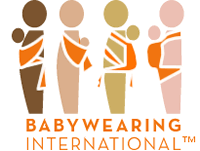 This nonprofit has chapters and monthly meetings has in many cities across the US. Not only do they promote the efficacy and benefits of baby carriers, but they help moms find the one that is right for them. Going to a chapter meeting will help you - figure out how to wear your baby or toddler using your own carrier safely and correctly - introduce you to the many different types of carriers available - meet other moms - see the benefits of baby wearing in action (hands free, comfortable mom, happy child) - library loan of one type of carrier per month with membership, this give you a chance to really get a good idea if a carrier is a good fit for you before you invest |
Archives
May 2016
Categories
All
|
| belly aglow |
|

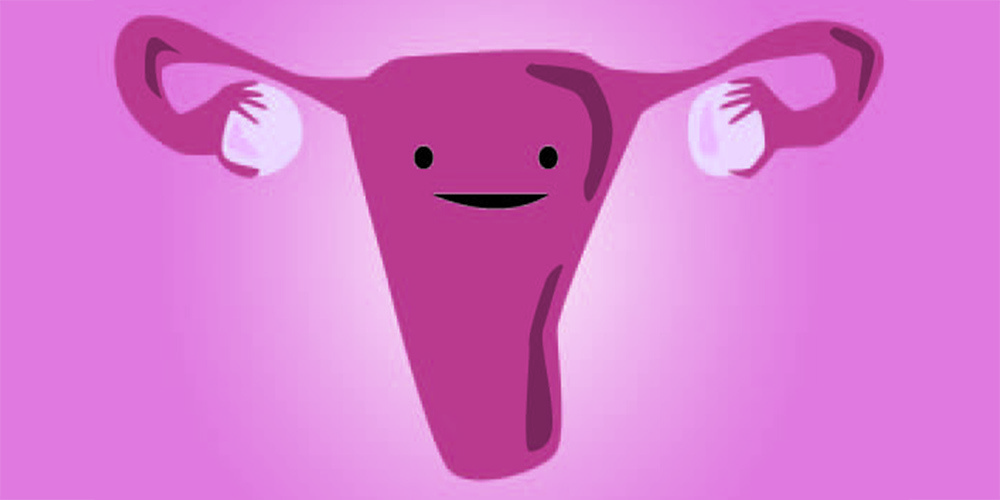
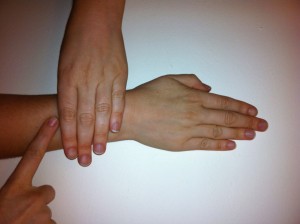
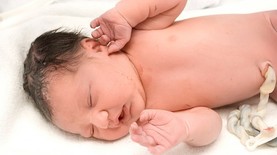

 RSS Feed
RSS Feed
